Did you know that nearly 12% of the global population suffers from kidney stones at some point in their lives? Kidney stones, gallstones, and liver blockages are increasingly common due to modern diets high in salt, sugar, and processed foods. While medical treatments are often necessary, traditional medicine has long turned to a humble yet powerful plant known as “stone breaker” (Phyllanthus niruri).
This plant, often overlooked as a weed, has been used in Ayurvedic, Amazonian, and traditional Asian medicine for centuries. Its name comes from its reputation for helping the body naturally manage stones in the kidney and gallbladder. Today, scientific studies are beginning to validate many of these traditional uses, showing antioxidant, anti-inflammatory, and liver-supporting properties.
So why don’t more people know about it? Simply because it grows quietly in the background, unnoticed, in fields and gardens. In this article, you’ll learn the history, health benefits, scientific insights, practical uses, and safety guidelines of stone breaker. By the end, you may see this “weed” as one of nature’s most powerful gifts.
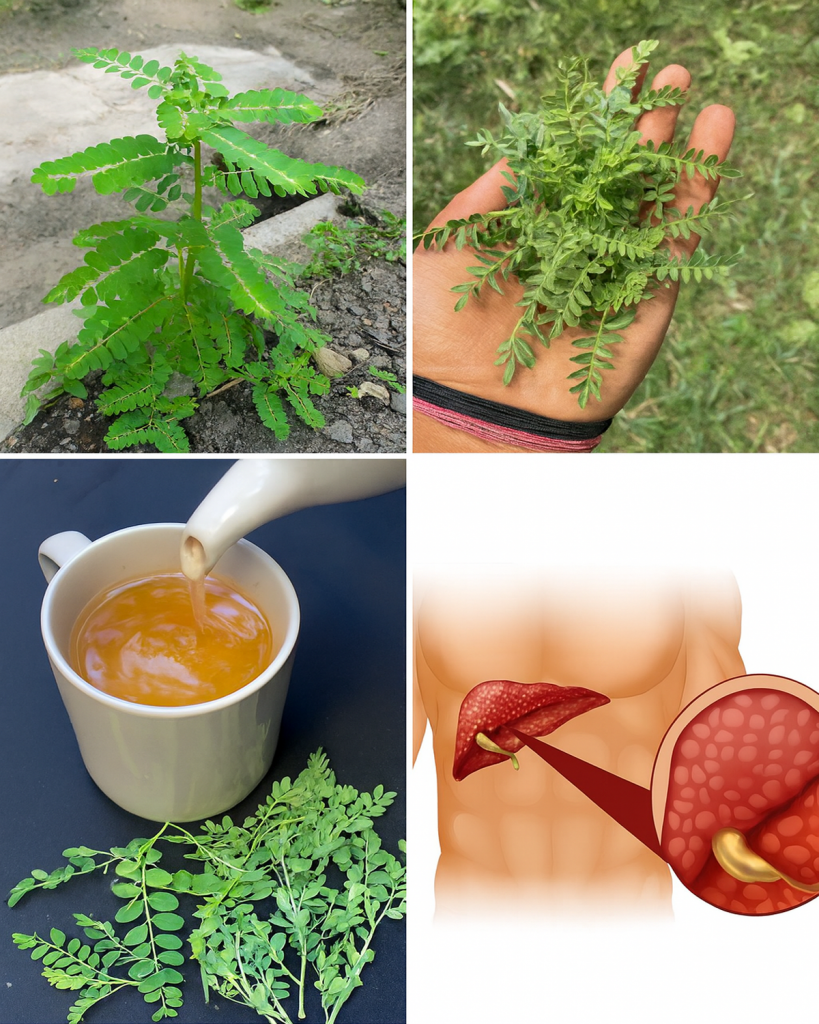
What Is Stone Breaker?
Stone breaker (Phyllanthus niruri) is a small, tropical plant that belongs to the Phyllanthaceae family.
Key Characteristics
- Height: Grows 20–30 inches tall.
- Appearance: Slender stems with small, green leaves.
- Habitat: Found in the Amazon rainforest, India, China, the Philippines, and other tropical regions.
- Local Names: Called “Chanca Piedra” in Spanish (literally “stone breaker”), and “Quebra Pedra” in Brazil.
Its wide distribution across tropical areas made it a staple in traditional healing systems.
Traditional Uses of Stone Breaker
Across cultures, stone breaker has been treasured for its diverse applications:
- Kidney and Gallstones: Infusions traditionally consumed to support urinary flow and ease discomfort.
- Liver Health: Used in Ayurveda for jaundice and liver detoxification.
- Digestive Support: Taken as a tea for bloating, cramps, and indigestion.
- Antimicrobial Uses: Folk healers applied extracts to manage infections.
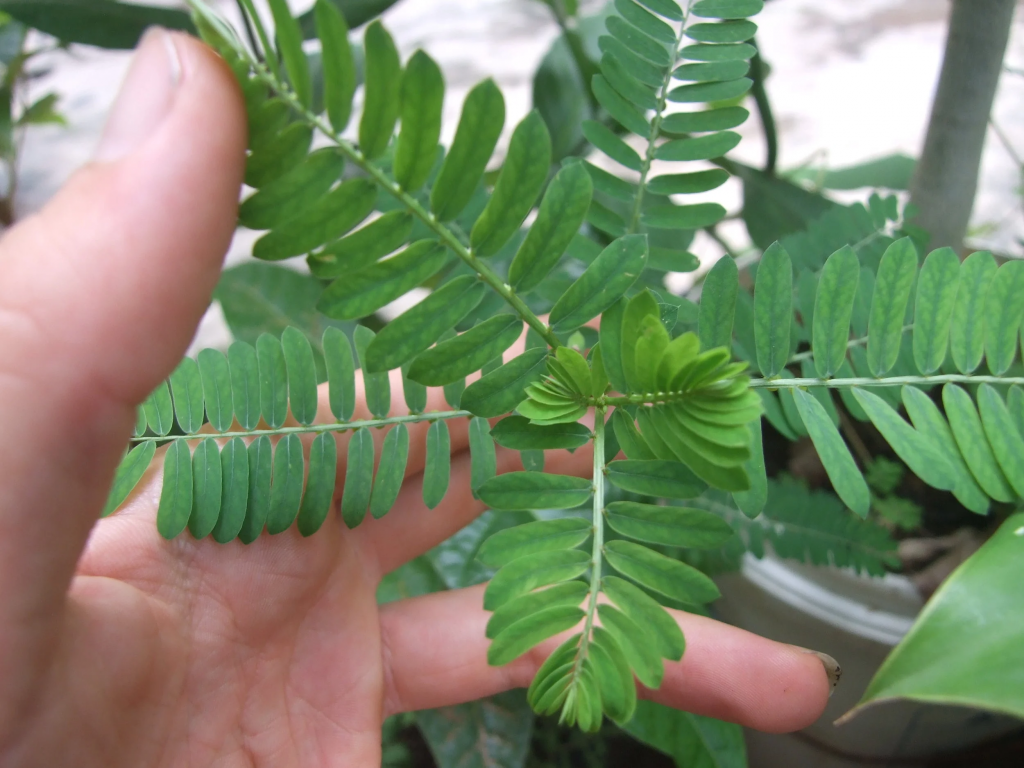
| Traditional Use | Preparation | Reported Benefit |
|---|---|---|
| Kidney stones | Leaf decoction | Supports urinary comfort |
| Gallbladder support | Herbal tea | Promotes bile flow |
| Liver detox | Infusion | Eases liver stress |
| Digestive aid | Tonic drink | Reduces bloating |
What Science Says
Modern research has begun to uncover why stone breaker is so powerful.
Kidney and Gallstone Support
- Compounds like phyllanthin and hypophyllanthin may help relax urinary tract muscles, aiding the natural passage of stones.
- A study in the Journal of Urology suggested extracts reduced stone formation in animal models.
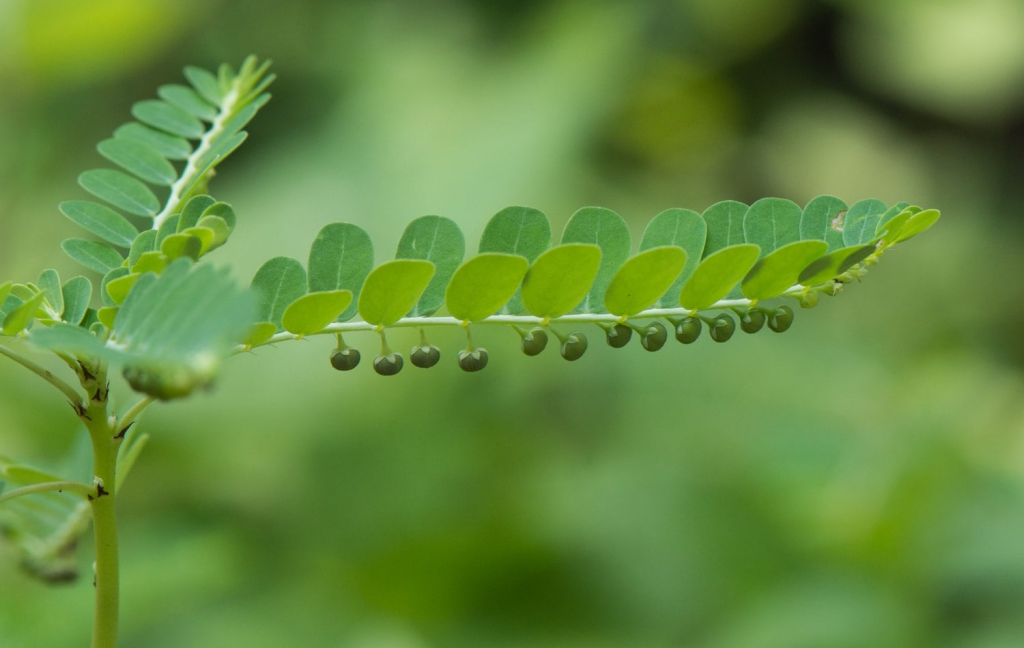
Liver Protection
- Research in Indian Journal of Experimental Biology found hepatoprotective effects, with improved liver enzyme profiles in animals given Phyllanthus extracts.
Antioxidant and Anti-Inflammatory Properties
- Rich in flavonoids and polyphenols, which fight oxidative stress.
- Supports immune balance and may reduce systemic inflammation.
Antimicrobial Activity
- Laboratory tests show activity against bacteria, viruses, and fungi, which may explain its traditional use in infections.
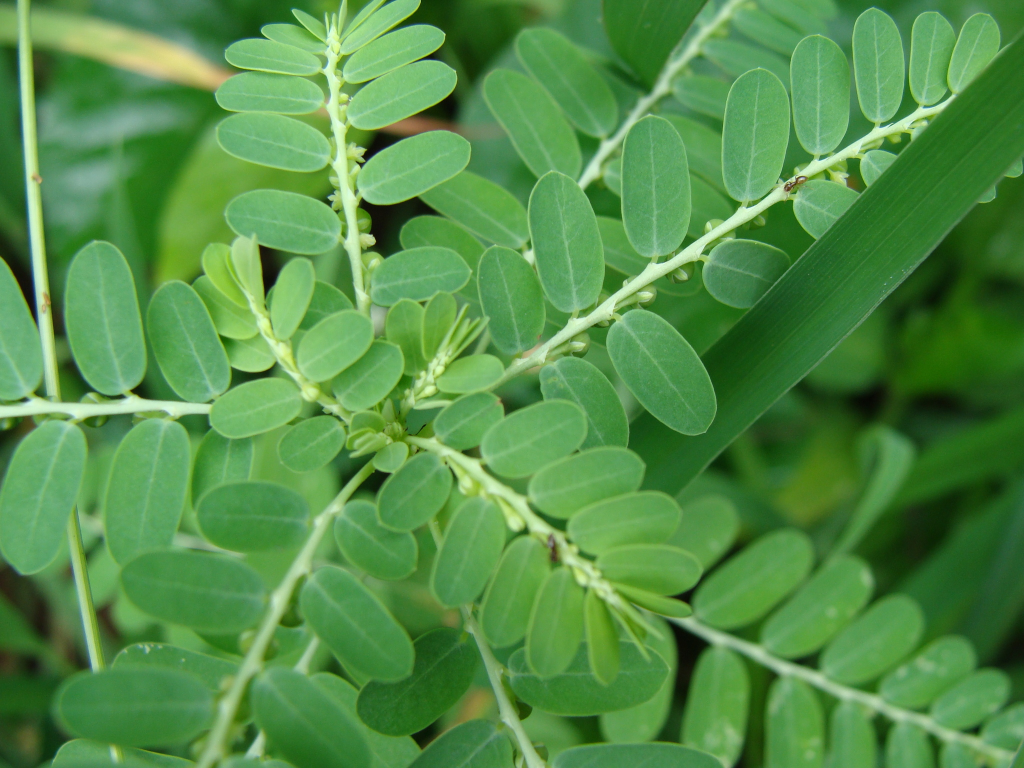
How to Use Stone Breaker at Home
Herbal Tea (Most Common)
- 1 teaspoon dried stone breaker leaves
- 1 cup boiling water
- Steep for 10–15 minutes, strain, and drink warm
- Recommended: up to 1 cup daily for short-term use
Tincture
- Available in health stores; follow dosage on product label.
Powder or Capsules
- Some prefer powdered stone breaker as supplements.
Note: Always use from trusted sources to avoid contamination or misidentification.
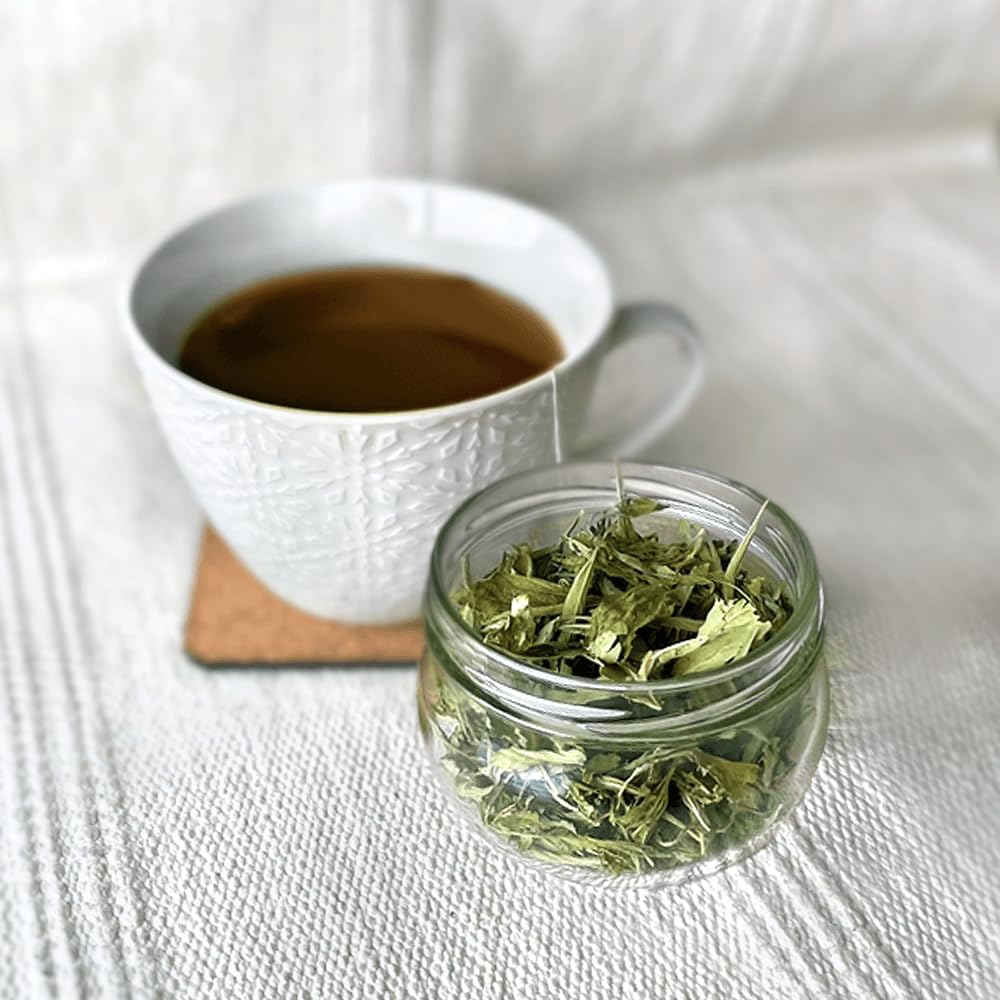
Real-Life Example: Maria’s Journey
Maria, a 46-year-old from Brazil, struggled with recurring kidney stones. While she still followed her doctor’s medical advice, she also began drinking stone breaker tea three times a week, a remedy passed down by her grandmother. Over several months, she noticed fewer episodes of discomfort. Her doctor confirmed smaller stone fragments had passed naturally.
Maria’s story highlights the importance of combining traditional practices with modern medical care—using plants like stone breaker as supportive allies, not replacements.
Safety and Precautions
- Moderation: Long-term or excessive use may affect blood sugar and blood pressure.
- Pregnancy: Not recommended for pregnant or breastfeeding women.
- Medical conditions: People on diabetes or hypertension medications should consult a doctor.
- Children: Should only be used under professional guidance.
Lifestyle Habits to Complement Stone Breaker
Herbs are most effective when paired with healthy living.
- Stay hydrated: Water dilutes minerals that form stones.
- Limit salt and sugar: High sodium and refined sugar increase stone risk.
- Eat more fruits and vegetables: Plant-based diets lower acidity in urine.
- Exercise regularly: Movement supports kidney and liver function.
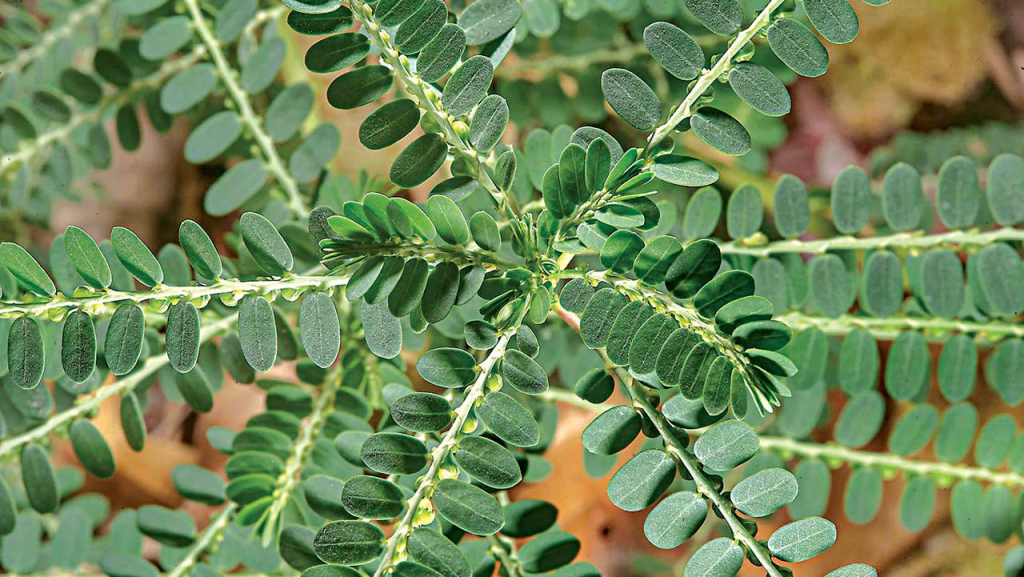
Myths vs. Facts
- Myth: Stone breaker dissolves large kidney stones instantly.
Fact: It may help reduce formation and ease passage of small stones but is not a quick fix. - Myth: It can replace surgery or medical treatment.
Fact: It should complement, not replace, professional care. - Myth: Because it’s natural, it’s safe for unlimited use.
Fact: Overuse can cause side effects. Always use in moderation.
Conclusion
Can stone breaker cure kidney stones overnight?
No. It may support urinary health and reduce stone formation but cannot replace medical treatments.
Is it safe to drink regularly?
Yes, in moderate amounts and for short periods, unless you have medical conditions or take medications.
Why is it considered powerful?
Because of its antioxidant, anti-inflammatory, and liver-supporting compounds that contribute to overall health.
Should I grow it in my garden?
Yes, if possible. It’s easy to grow and can be a useful household remedy when used responsibly.
This article is for informational purposes only and does not replace professional medical advice, diagnosis, or treatment. Always consult your healthcare provider before using herbal remedies, especially if you have existing health conditions or take prescription medications.




